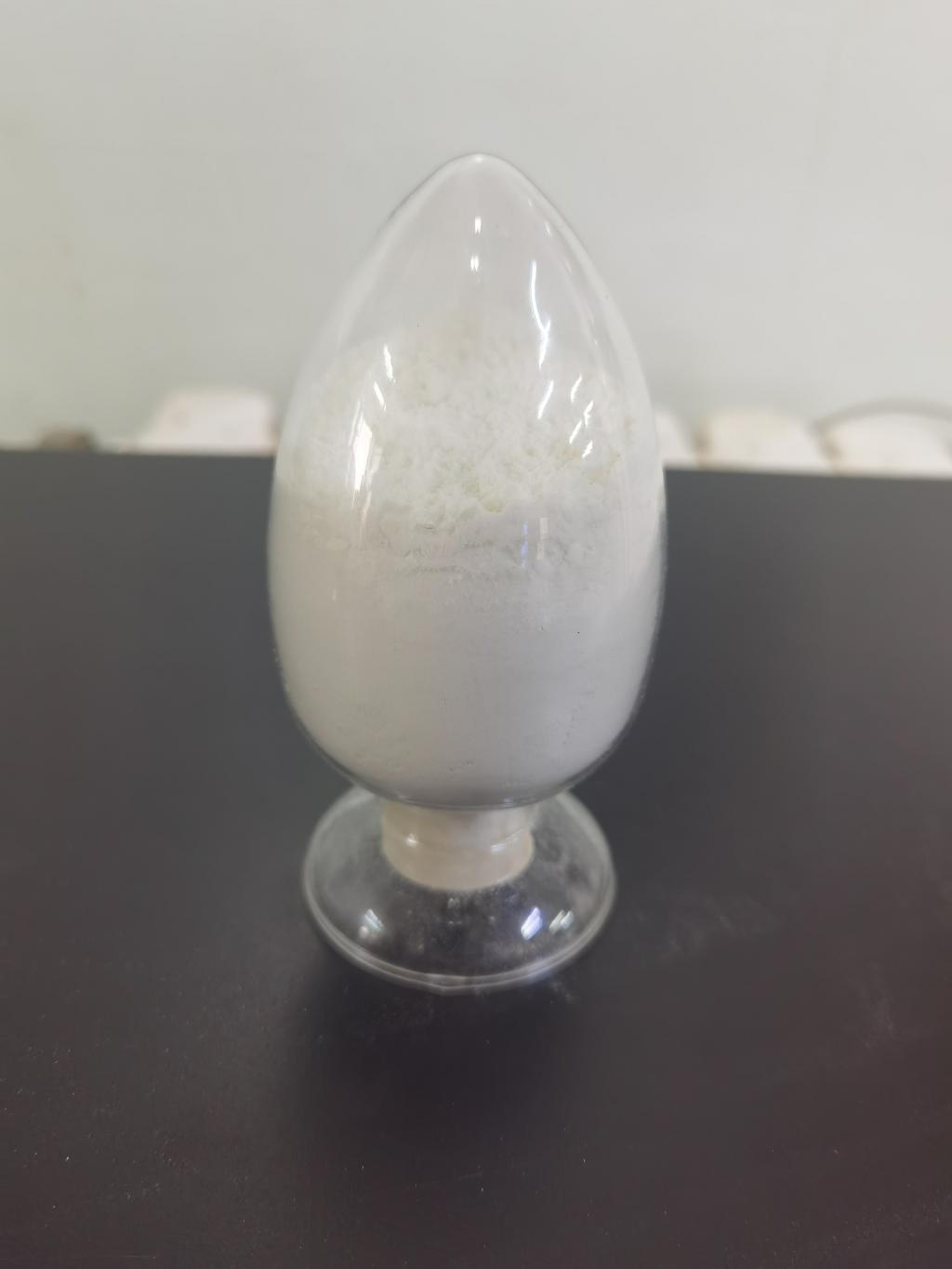Tel:+8618231198596

News
 CONTACT
CONTACT
 CONTACT
CONTACT
- Linkman:Linda Yao
- Tel: +8618231198596
- Email:linda.yao@dcpharma.cn
- Linkman:CHARLES.WANG
- Department:Overseas
- Tel: 0086 0311-85537378 0086 0311-85539701
News
Does ε-Polylysine hydrochloride have any potential applications beyond food preservation?
TIME:2023-05-22
Biomedical and Pharmaceutical Applications:
a. Antimicrobial Agent: ε-Polylysine hydrochloride's potent antimicrobial activity makes it a valuable agent in biomedical and pharmaceutical applications. It can inhibit the growth of a broad spectrum of microorganisms, including bacteria, fungi, and viruses. This makes it potentially useful in developing antimicrobial coatings, wound dressings, and topical treatments for infections.
b. Drug Delivery Systems: The cationic nature of ε-Polylysine hydrochloride enables it to interact with negatively charged biomolecules. It can be used as a component in drug delivery systems to enhance the stability, bioavailability, and controlled release of therapeutic agents.
c. Tissue Engineering: ε-Polylysine hydrochloride has been investigated for its potential in tissue engineering and regenerative medicine. It can promote cell adhesion, proliferation, and differentiation, making it a promising candidate for scaffolds and biomaterials used in tissue engineering applications.
Cosmetics and Personal Care Products:
a. Antimicrobial Preservative: ε-Polylysine hydrochloride's antimicrobial properties make it suitable as a preservative in cosmetic and personal care products. It can inhibit the growth of spoilage microorganisms, extending the shelf life of products such as creams, lotions, and shampoos.
b. Skin Care: ε-Polylysine hydrochloride's ability to inhibit the growth of bacteria and fungi makes it potentially useful in skin care formulations targeting acne, fungal infections, and other dermatological conditions. It can be incorporated into cleansers, creams, and ointments to enhance their antimicrobial efficacy.
c. Hair Care: The antimicrobial activity of ε-Polylysine hydrochloride can also be beneficial in hair care products. It can help prevent scalp infections and dandruff by inhibiting the growth of bacteria and fungi that contribute to these conditions.
Packaging and Food Safety:
a. Antimicrobial Packaging: ε-Polylysine hydrochloride can be incorporated into packaging materials to provide an additional barrier against microbial contamination. Active packaging systems containing ε-Polylysine hydrochloride can help extend the shelf life of packaged products by inhibiting microbial growth.
b. Food Safety Applications: Apart from food preservation, ε-Polylysine hydrochloride can be used in various food safety applications. It can inhibit the growth of foodborne pathogens, reduce biofilm formation on food processing equipment, and prevent the proliferation of spoilage microorganisms, enhancing overall food safety and quality.
Agricultural and Veterinary Applications:
a. Crop Protection: ε-Polylysine hydrochloride's antimicrobial properties can be utilized in agriculture to protect crops from bacterial and fungal infections. It can be applied as a natural alternative to conventional pesticides, reducing the reliance on chemical interventions.
b. Animal Health: ε-Polylysine hydrochloride shows potential in veterinary applications as an antimicrobial agent for the treatment of bacterial and fungal infections in animals. It can be incorporated into topical formulations, wound dressings, or feed additives to promote animal health and prevent the spread of infectious diseases.
Environmental and Industrial Applications:
a. Water Treatment: ε-Polylysine hydrochloride's antimicrobial properties can be utilized in water treatment processes to control the growth of bacteria and algae. It can help maintain water quality and prevent the formation of biofilms in water distribution systems.
b. Industrial Preservation: ε-Polylysine hydrochloride can be employed in various industrial settings to inhibit microbial growth and prevent contamination. It can be used in the preservation of paints, coatings, and adhesives, reducing the risk of spoilage and extending the shelf life of these products.
c. Biodegradable Films and Materials: ε-Polylysine hydrochloride can contribute to the development of biodegradable films and materials with antimicrobial properties. These materials can find applications in packaging, agriculture, and other industries, offering environmentally friendly alternatives to conventional products.
Conclusion:
ε-Polylysine hydrochloride, with its potent antimicrobial properties, extends its potential beyond food preservation. From biomedical and pharmaceutical applications to cosmetics, packaging, agriculture, and environmental uses, ε-Polylysine hydrochloride offers a diverse range of promising applications. Its natural origin, biocompatibility, and broad-spectrum antimicrobial activity make it an attractive option for various industries seeking effective and sustainable solutions. Continued research and development efforts will further uncover the full potential of ε-Polylysine hydrochloride, leading to innovative applications and advancements in multiple fields.
- Tel:+8618231198596
- Whatsapp:18231198596
- Chat With Skype







